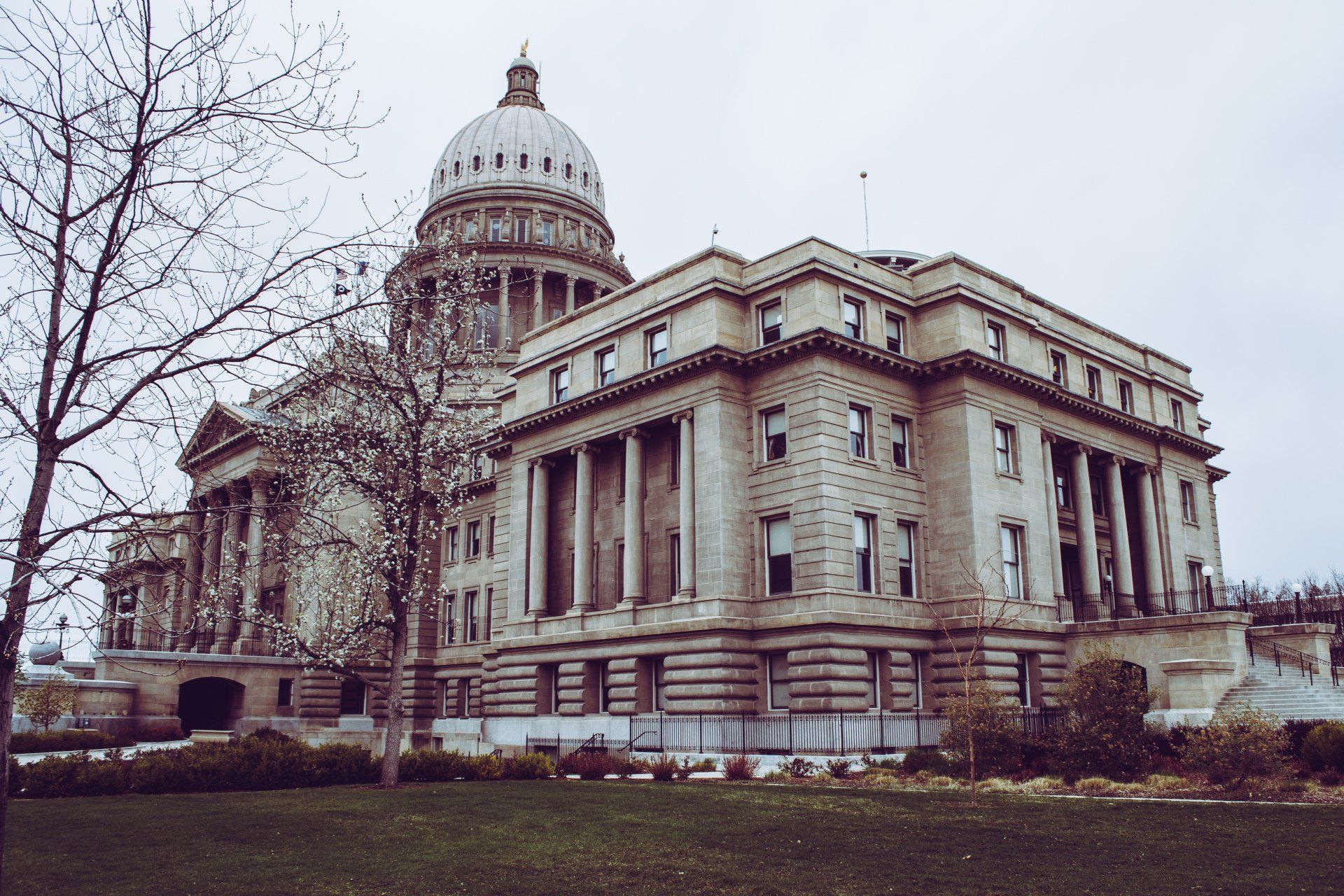EU Digital Services Act
Context
Thierry Breton is the EU’s Digital Commissioner, responsible for enforcing the EU’s Digital Services Act (DSA). The DSA regulates private organizations which provide platforms and hosting services for online content. They also focus on what they call VLOPs or Very Large Online Platforms, due to their relative influence and number of users. The stated purpose of the bill was to attempt to curb the presence of illegal content online. Examples of illegal content include terrorism, child sexual abuse, and hate speech. The bill also includes measures to mitigate against manipulative online design, disinformation, and election manipulation. They also require VLOPs to submit themselves to audits and to conduct risk assessments and subsequent measures to mitigate those risks.
Analysis
The Act does not define what content is illegal and instead defers to existing laws either at the EU or a local government level. Similarly, the Act does not define what ‘misinformation’ is and suggests it works in tandem with the Code of Practice on Disinformation, which was voluntarily signed by major platforms such as Facebook, Google, Microsoft, and TikTok in which they agreed to self-regulate.
The DSA is one piece in a larger regulatory scheme that is transferring the responsibility of determining what content should be permitted online from private tech companies to government bodies.
If illegal content such as sexually violent material is accessible on online platforms, it may make sense to ensure that those platforms are moderating that content to create a safer environment for its users. Similarly, if there is information that is falsifiable (disinformation), it could also be argued that creating a safe and healthy online environment could include a process to check that false information.
Sources
https://ec.europa.eu/commission/presscorner/detail/en/QANDA_20_2348
https://twitter.com/ThierryBreton/status/1673310128865439754
https://digital-strategy.ec.europa.eu/en/library/2022-strengthened-code-practice-disinformation


